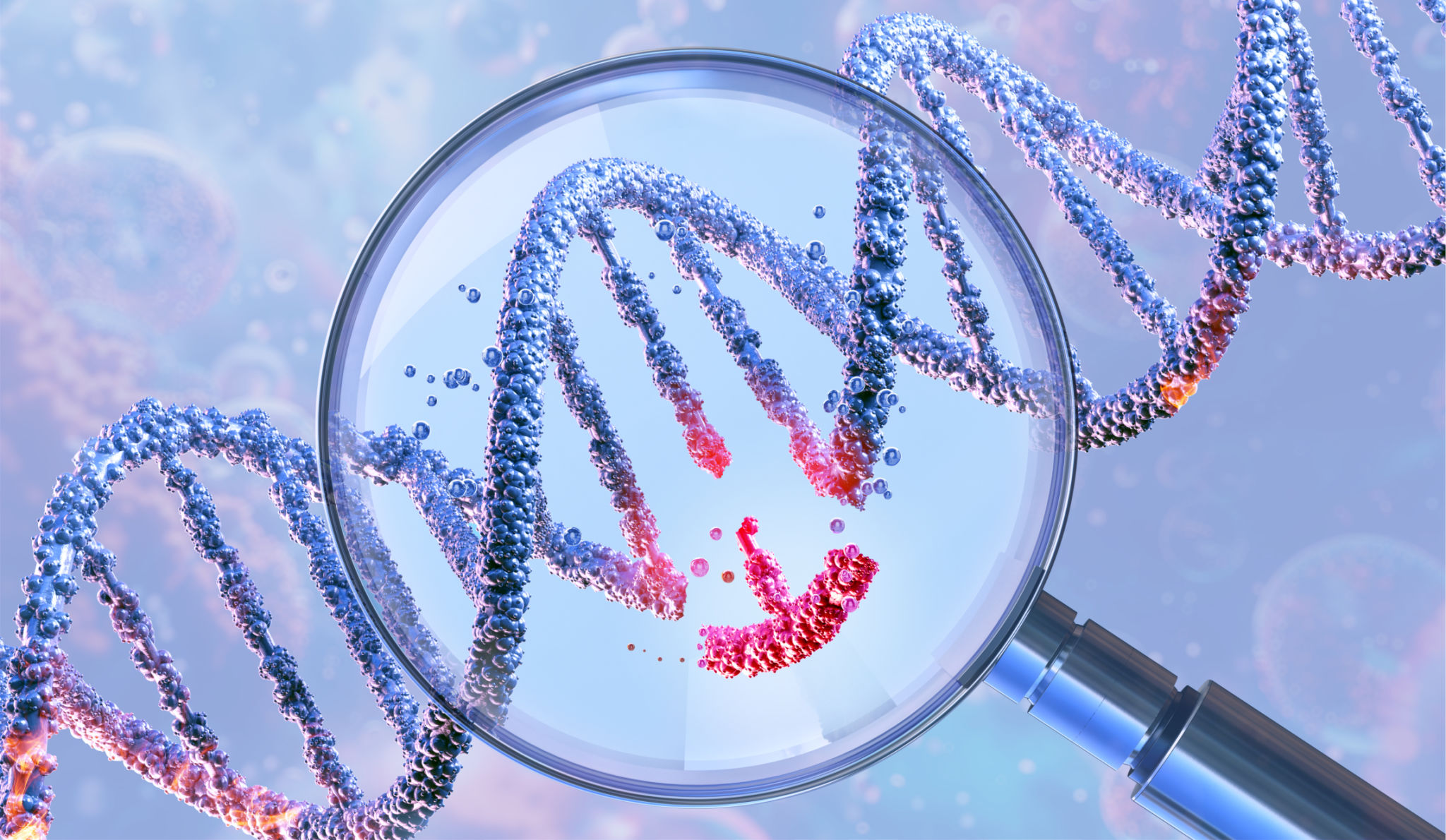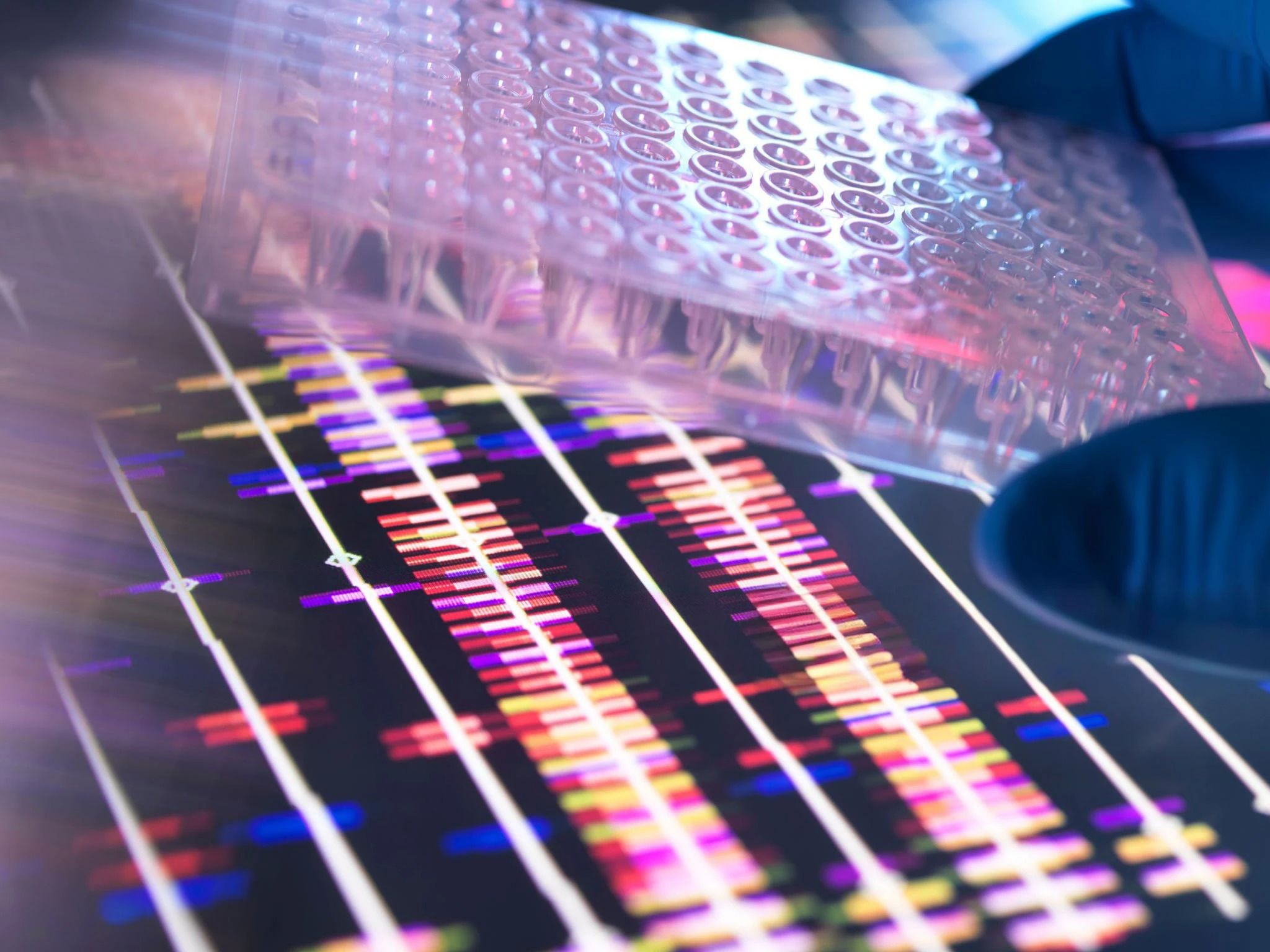Understanding Biological Relationship Tests: What You Need to Know
DB
Understanding Biological Relationship Tests
Biological relationship tests have become a vital tool for determining familial connections. Whether you're seeking to confirm paternity, uncover ancestry, or verify siblingship, these tests offer a scientific approach to understanding your genetic ties. In this blog, we will delve into the nuances of biological relationship tests and what you need to know before opting for one.

Types of Biological Relationship Tests
There are several types of biological relationship tests available, each serving a specific purpose. The most common include:
- Paternity Tests: These tests confirm whether a man is the biological father of a child.
- Maternity Tests: Similar to paternity tests, these confirm the biological mother-child relationship.
- Siblingship Tests: These determine whether individuals are full or half-siblings.
- Grandparentage Tests: Useful for determining if a child is biologically related to the alleged grandparents.
- Ancestry Tests: These explore familial connections further back in the family tree.
How Do These Tests Work?
Biological relationship tests typically involve analyzing DNA samples to compare genetic markers. DNA is collected through non-invasive methods such as cheek swabs or saliva samples, making the process quick and painless. Laboratories then examine specific regions of the DNA to identify common genetic markers shared between individuals.

The accuracy of these tests can vary. Paternity and maternity tests, for instance, boast over 99% accuracy when performed correctly. However, tests like siblingship may have lower certainty due to the complexity of shared genetics among siblings.
Interpreting Test Results
Understanding test results is crucial. Most companies provide results in terms of probability percentages. For example, a paternity test result might show a 99.9% probability, indicating a very high likelihood of biological fatherhood. It’s important to consult with professionals or genetic counselors if you need help interpreting these results.

Choosing the Right Test Provider
Selecting a reputable provider is essential for obtaining reliable results. Look for accreditation from recognized bodies such as the AABB (American Association of Blood Banks) or ISO certification. Additionally, consider the provider’s reputation, customer reviews, and the clarity of their reporting process.
Many companies now offer at-home testing kits, which have become increasingly popular due to their convenience. However, ensure that these kits are backed by certified laboratories to guarantee the accuracy and reliability of results.
Ethical and Privacy Considerations
Before undergoing any biological relationship test, it's important to consider ethical and privacy implications. Ensure that the testing company has clear policies regarding data protection and confidentiality. Understand who will have access to your genetic information and how it will be used or shared.
In some cases, genetic information might reveal unexpected family secrets or medical predispositions. It's vital to be prepared for all potential outcomes when deciding to undertake such tests.
The Growing Impact of Genetic Testing
The rise of biological relationship tests has significantly impacted personal and legal aspects of family dynamics. They provide valuable insights into our genetic heritage and can resolve questions regarding familial bonds. As technology advances, these tests will continue to evolve, offering even more detailed insights into our genetic makeup.
Overall, biological relationship tests are a powerful tool for uncovering the complexities of human relationships. By understanding their function, accuracy, and implications, you can make informed decisions about whether and how to use these tests in your own life.